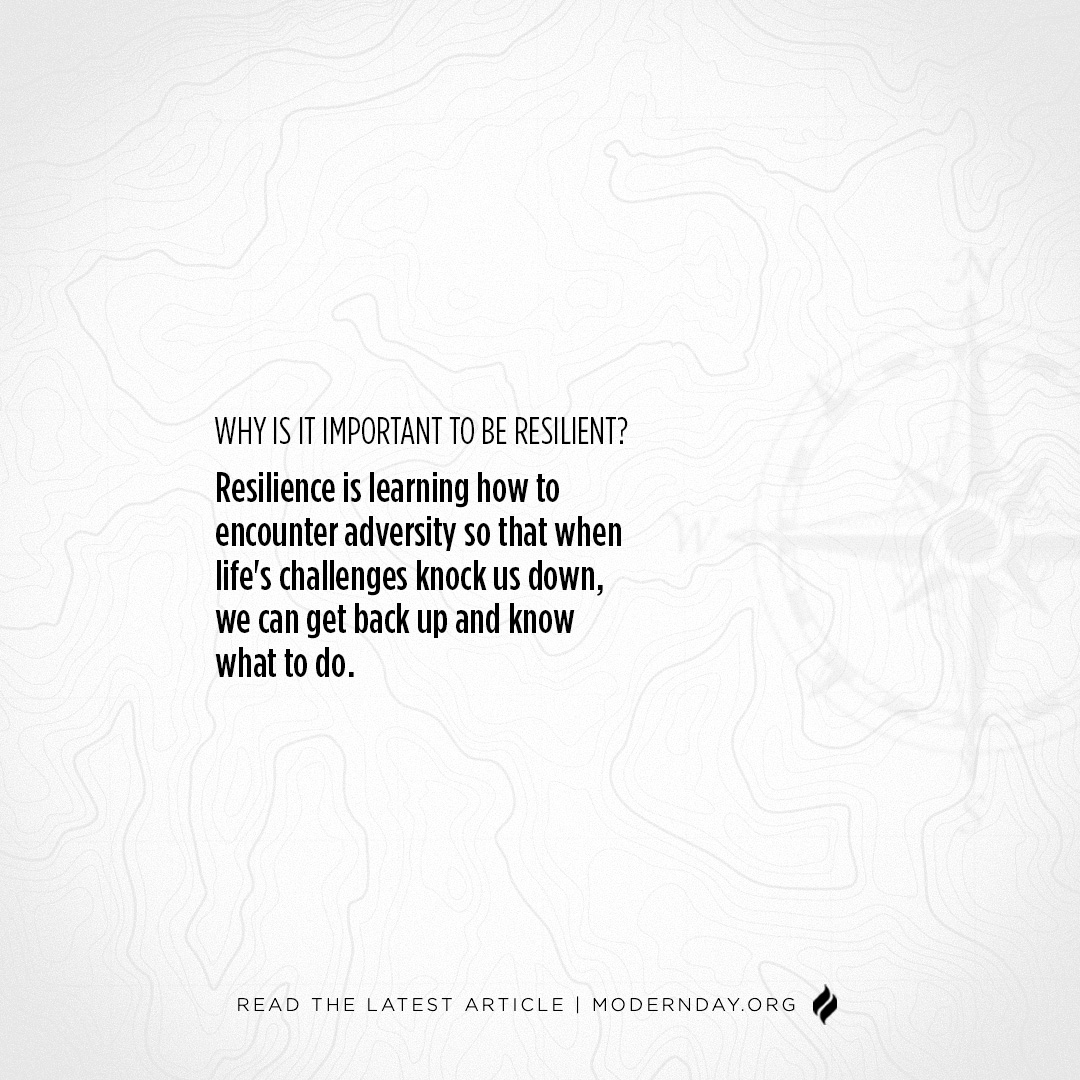Many Christians believe it’s inappropriate, even rude, to have confrontational discussions for evangelistic purposes. I know this both anecdotally (having heard it directly from believers) and based on surveys regarding the topic. The Pew Research Center released a poll of U.S. citizens in 2016 about how often they discuss their religious views. The poll also asked, “What do you think is the best thing to do when someone disagrees with you about religion?” Only 10 percent of evangelical Protestants and 6 percent of all Christians answered that they would try to “persuade them.” More than two-thirds of U.S. Christians said their response would be to merely “try to understand and agree to disagree.”
The latter approach sounds more charitable, but it is inconsistent with tactics that early Christians affirmed. No less an authority than Paul, the apostle, often used persuasion as a means of engaging people regarding his faith.
When Paul was in Thessalonica (in Greece) he entered what was and remains a potentially volatile situation: Trying to convince orthodox Jews that Jesus was their hoped-for savior. Because of Paul’s efforts (and those of his travelling companion Silas) “some of them were persuaded and joined Paul and Silas” (Acts 17:1-4).
In Corinth (also in Greece) Paul made every effort “to persuade Jews and Greeks” (Acts 18:4).
At Ephesus (part of modern-day Turkey) Paul faced opposition from those who manufactured pagan idols because he “persuaded and turned away a great many people, saying that gods made with hands are not gods” (Acts 19:26). Persuasion can be a powerful catalyst in the process of someone’s conversion.
None of this is to suggest that you can talk someone into being saved. Conversion is something that takes place when Gospel truth is combined with divine revelation in the heart of a yielded listener. The only part of that equation that involves the evangelist is the passing along of information. However, we should be prepared and willing to persuade ill-informed opponents of the Gospel regarding Christ’s identity and convince sincere skeptics to at least keep an open mind. As a result of these efforts, many non-Christians will decide to give the faith a closer examination and the Holy Spirit will be encouraging and guiding their study.
By: Raymond Billy
If you would like to make a financial contribution to Raymond Billy, Click Here.







